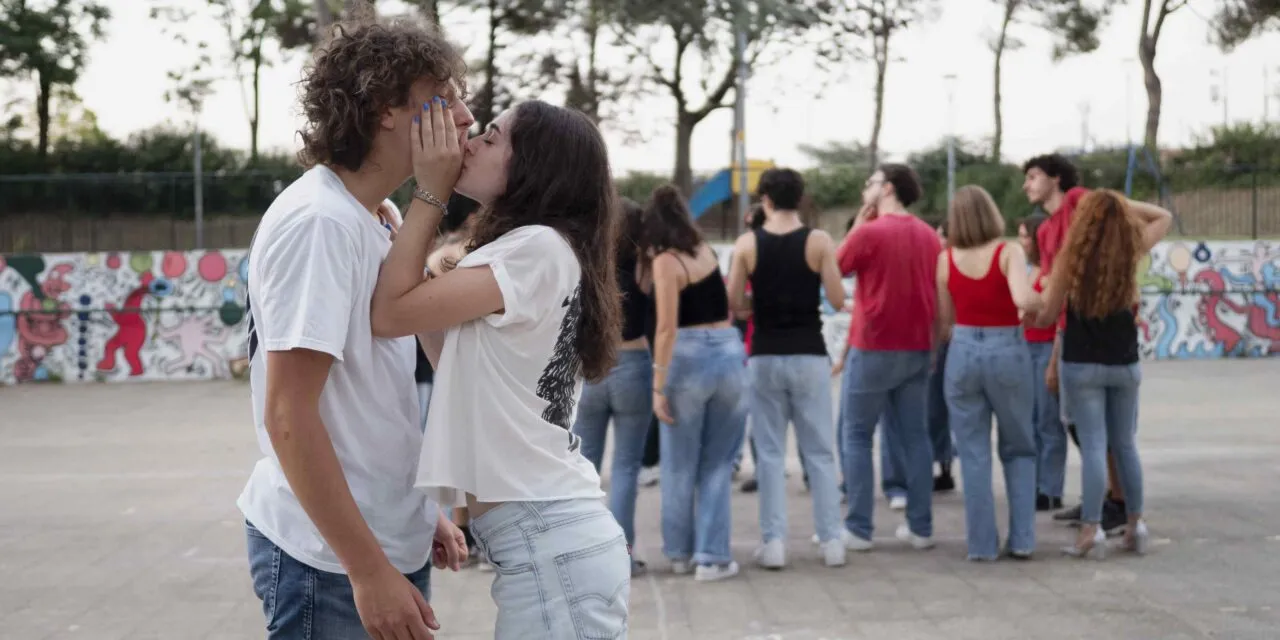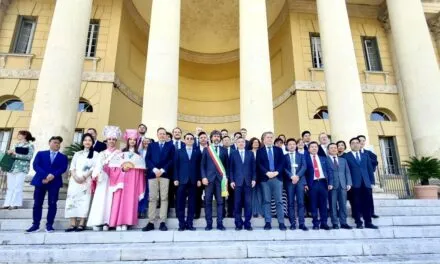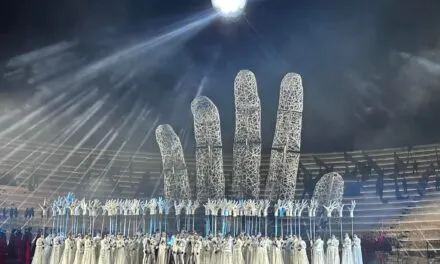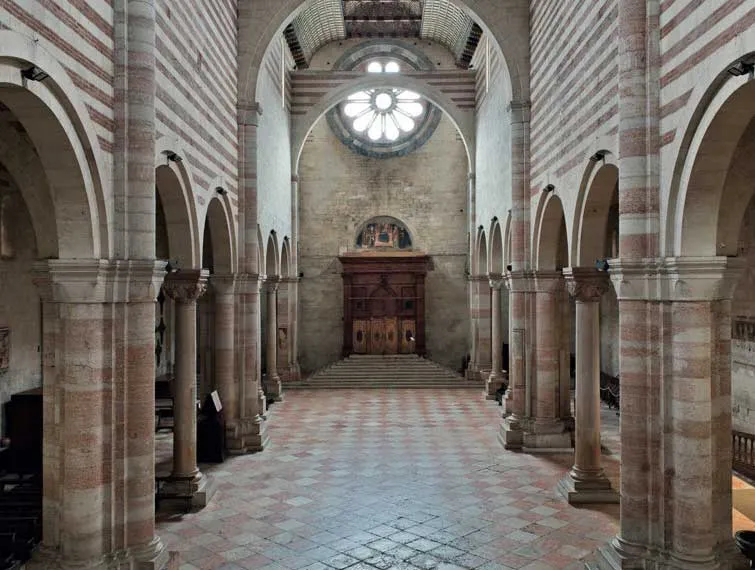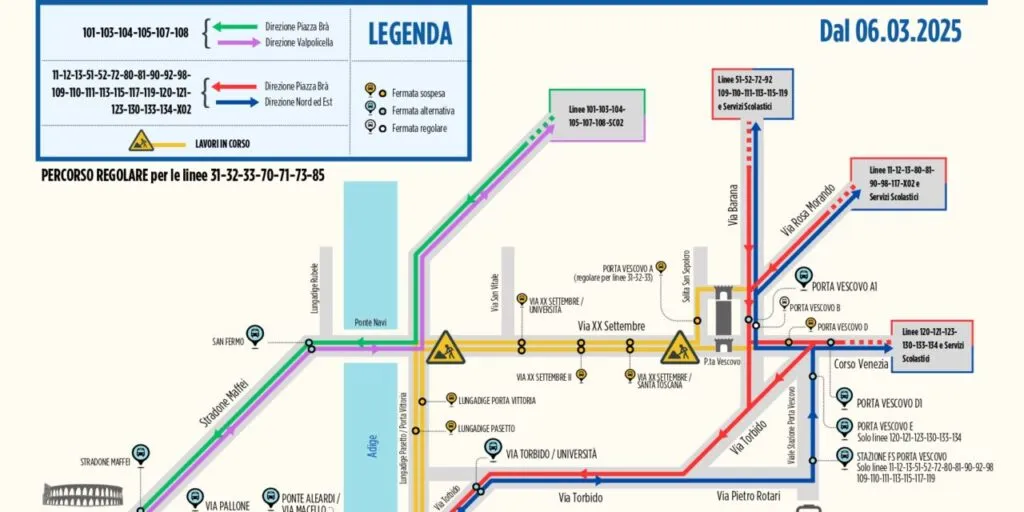The rehearsals for Romeo&Juliet #generazionesacrificio (sacrifice generation) continue, set to debut at Verona’s Roman Theater on September 1st and 2nd during the Verona Theater Summer Festival, Estate Teatrale Veronese. The cast includes twenty-five young aspiring actors from Verona, aged 18 to 28, with Giuseppe Sartori playing the role of the Prince of Verona. Silvia Masotti and Camilla Zorzi are directing and adapting the play.
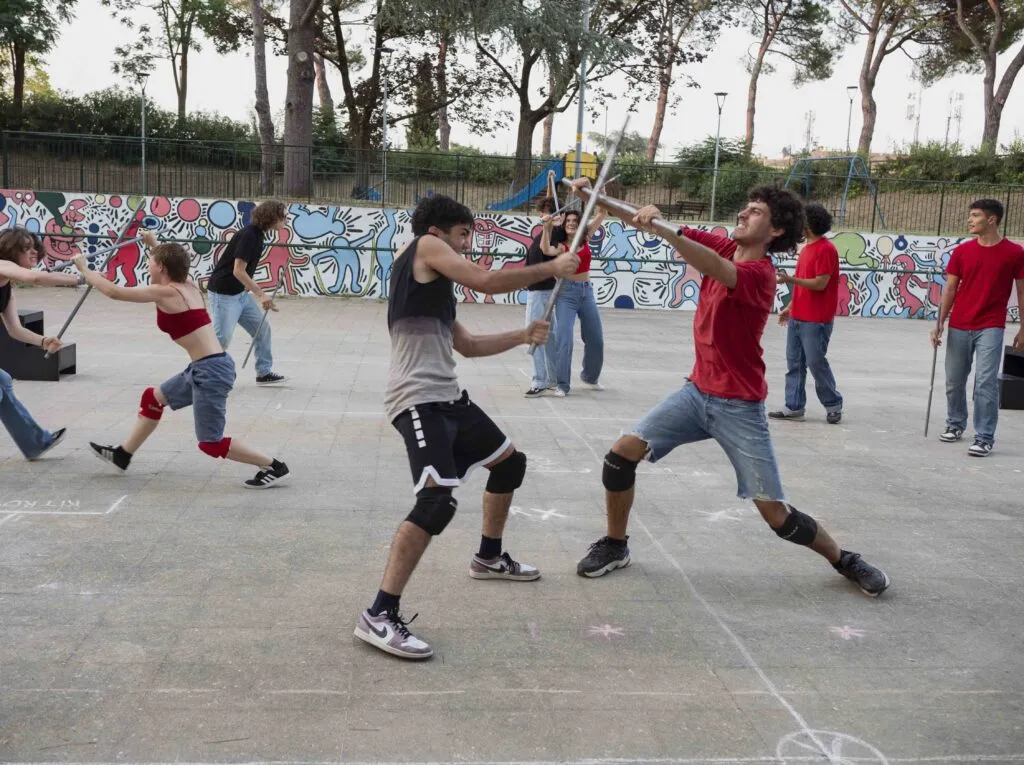

Produced by the Teatro Stabile di Verona and the Estate Teatrale Veronese, the production emerges from an intense eight-month workshop, where the personal experiences of participants merge with themes from Shakespeare’s text.
“Romeo and Juliet,” a tale of young love by William Shakespeare, is more than a romantic saga. It’s a story of hate and death in the backdrop of Verona’s feuding families, the Montagues and Capulets, whose animosity leads to tragedy. Amid numerous deaths, even the teenage lovers succumb. The play uses these events to reflect on hatred’s consequences and the collapse of futures built on it.
Bringing this classic with a group of non-professional youth provides a fresh, unfiltered perspective on its intricate themes, particularly those resonating with adolescence, often overlooked.
The show was created from an eight-month workshop, where the experiences of young adults aged 18 to 28 harmonized with Shakespeare’s themes.
“Romeo and Juliet” goes beyond a tragic romance, delving into politics. If a city or a nation nurtures hatred, there’s no hope. The play’s design symbolically incorporates a wall reminiscent of the Berlin Wall, underscoring the theme of division.
Two angels, echoing Wim Wenders’ “Wings of Desire,” symbolize the lovers’ fate. Professional actor Giuseppe Sartori plays the role of the Prince and empathetic Chorus, guiding the ensemble to present the tragedy as a bitter contemplation of a failed future.
The aim is not modernization, but embracing the power of the text, ensuring no generation becomes a sacrifice to the past.
In this poignant rendition, “Romeo and Juliet” resonates, transcending time and geography, underscoring the imperative to avoid repeating history’s sacrifices.

